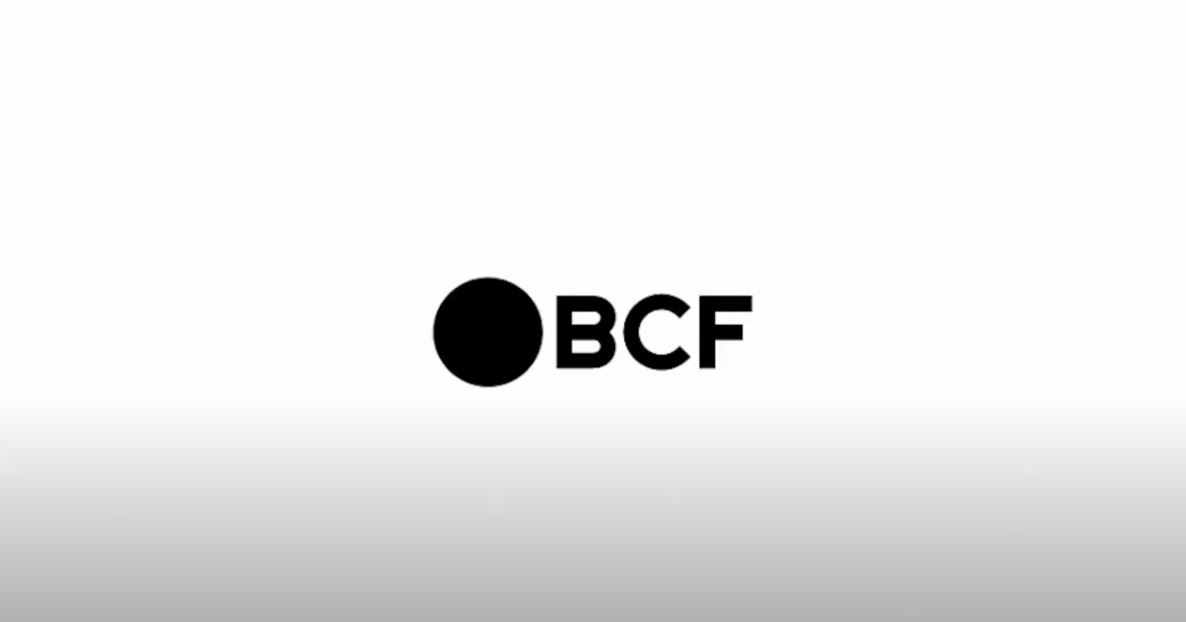

Executive summary
Oct 1, 2020
3 min to read
With the many public projects that should pick up speed in the coming years to boost Quebec's economy, it is likely that many businesses or citizens will receive expropriation notices.
This article will discuss some basic rules that you need to know in order to protect your rights if your property is subject to such an expropriation.
You will then have 15 days to appear before the Tribunal administratif du Québec (the "TAQ") and report the lessees and occupants in good faith of your building. Receiving an offer of indemnity and filing a detailed claim for indemnity are also part of the process that will follow. It is important to note that ownership cannot be transferred until provisional indemnity has been paid. This transfer of ownership cannot take place before a certain time following the registration of the expropriation notice, which may vary if specific legislation has been passed, as is the case for the tramway project in Quebec City, for example. It is recommended that you consult a lawyer so that he or she can properly advise you on the proceedings and specific rules of the expropriation process.
You should be aware that it is difficult to challenge the right of expropriation itself, as long as the expropriation is carried out for a public purpose. Moreover, it may even happen that a law specific to the project to which the expropriation relates prevents the right of expropriation from being challenged. This does not mean, however, that expropriated parties will not have to appear before the TAQ to defend their rights and obtain the best possible indemnity.
In case of expropriation, we are not talking about market value, but rather indemnity. From the outset, it is important to note that the indemnity offered in the case of an expropriation should generally include two elements:
Indemnity varies from one owner to another, which is why it is referred to as "owner’s value" and not market value. Thus, two offers can be completely different even if the targeted properties are similar. Advice from expropriation expert is then essential to verify whether the indemnity offered by the expropriator is acceptable.
Under no circumstances is an expropriated party obliged to accept the detailed offer received from the expropriator. If no agreement is possible, the file will proceed before the TAQ and the latter will determine the final indemnity to be paid by the expropriator to the expropriatee. A conciliation session before an administrative judge is also possible.
To be ready to negotiate with the expropriator, a lawyer is your best ally. Do not hesitate to contact our lawyers Isabelle Landry or Audrey-Anne Béland to learn more about the expropriation process and the indemnity that owners can claim.

Subscribe to our communications and benefit from our market knowledge to identify new business opportunities, learn about innovative best practices and receive the latest developments. Discover our exclusive thought leadership and events.